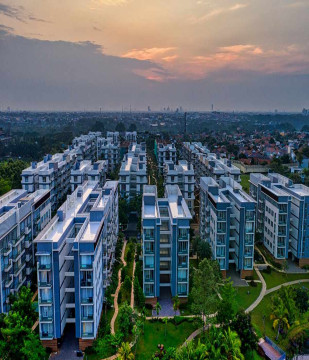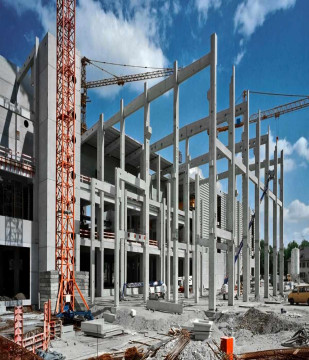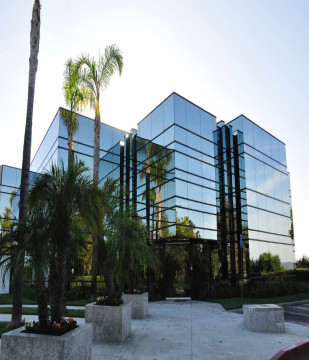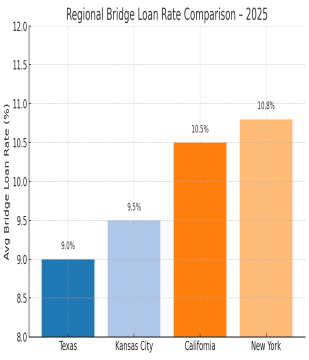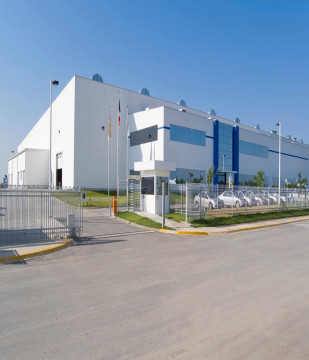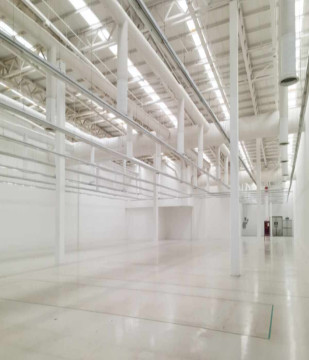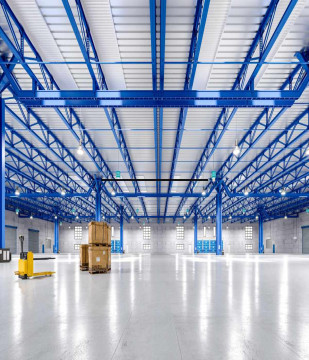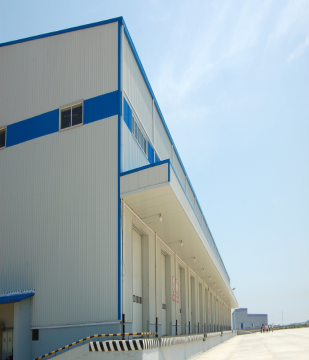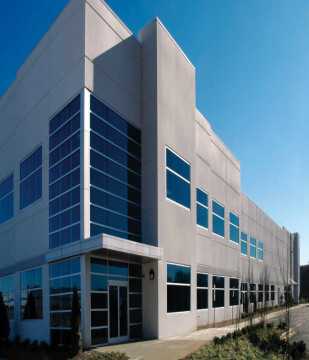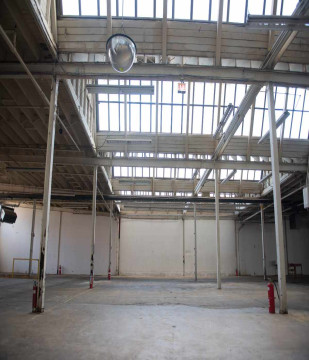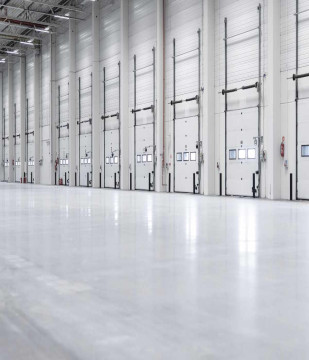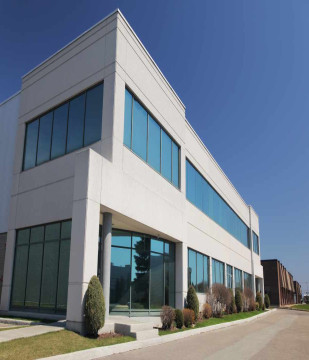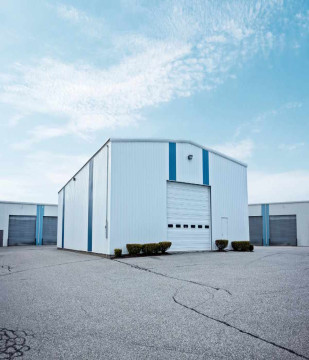Specialty Assets in Commercial Real Estate

Terrydale Capital
Sep 6, 2024 7 Min read
 Learn
Learn
In the diverse world of commercial real estate, properties are typically categorized into different asset classes such as office buildings, retail spaces, industrial properties, and multifamily housing. However, beyond these conventional categories lies a niche but growing segment known as specialty assets. Understanding what specialty assets are, identifying the types of properties that fall under this category, and recognizing the benefits of investing in them can open up unique opportunities for real estate investors.
What Are Specialty Assets?
Specialty assets in commercial real estate refer to property types that don’t fit neatly into the traditional categories of office, retail, industrial, or multifamily. These assets are unique in their use, design, or tenant base and often cater to specific industries or activities. They require specialized management and understanding due to their distinct nature and operational requirements.
Specialty assets can range from healthcare facilities to entertainment venues, each with its own set of risks and rewards. Investing in specialty assets often involves a deeper understanding of the specific industry the asset serves, making it both a challenge and an opportunity for savvy investors.
Types of Properties Considered Specialty Assets
Here’s a closer look at some common types of specialty assets in commercial real estate:
- Healthcare Facilities: This category includes hospitals, urgent care centers, medical office buildings, and nursing homes. The demand for healthcare services is relatively inelastic, making these properties less vulnerable to economic downturns.
- Data Centers: As the backbone of the digital economy, data centers are crucial for hosting servers and networking equipment. With the rise of cloud computing and big data, these assets are becoming increasingly important.
- Student Housing: Tailored to meet the needs of college and university students, these properties can offer stable occupancy rates, especially in areas with a high concentration of educational institutions.
- Senior Housing: With an aging population, there’s growing demand for senior living facilities, including independent living, assisted living, and memory care units.
- Hospitality: Hotels and resorts fall under this category. While they are more sensitive to economic cycles, they can offer high returns during periods of economic growth.
- Entertainment Venues: This includes properties like movie theaters, concert halls, and amusement parks. They are often location-dependent and can benefit from tourism and local population growth.
- Agricultural Land: Farmland and other agricultural properties can be considered specialty assets, particularly as the global demand for food increases.
Benefits of Investing in Specialty Assets
Investing in specialty assets can offer several advantages for those willing to navigate their complexities:
- Diversification: Specialty assets provide an opportunity to diversify a real estate portfolio beyond traditional asset classes. This can reduce risk, especially if these assets have different economic drivers than more common property types.
- Higher Yields: Because specialty assets are less understood and often require more management expertise, they can offer higher returns. Investors who are knowledgeable in the specific industry related to the asset can capitalize on this expertise.
- Stability and Long-Term Growth: Certain specialty assets, such as healthcare facilities or senior housing, are tied to demographic trends that suggest long-term demand stability. This can provide a steady income stream over time.
- Inflation Hedge: Many specialty assets, particularly those tied to essential services like healthcare or data centers, can serve as a hedge against inflation. As operational costs rise, so can rents, preserving the asset’s value.
- Tax Advantages: Depending on the type of asset and its location, investors may benefit from various tax incentives. For instance, agricultural land and certain green energy properties might offer tax breaks.
Conclusion
Specialty assets in commercial real estate present a unique investment opportunity for those willing to delve into niche markets. These assets, ranging from healthcare facilities to entertainment venues, offer diversification, potential for higher yields, and stability. However, they also require a deeper understanding of the industries they serve. As the market evolves, specialty assets could play a pivotal role in a well-rounded commercial real estate portfolio, offering both challenges and rewards for the informed investor. When you need the right team behind your investment, contact us at Terrydale Capital today!
Partner With Terrydale Capital for Your Debt Financing Needs
When it comes to debt financing, understanding the right timing, process, and options is crucial. At Terrydale Capital, we provide a comprehensive range of commercial loan solutions tailored to meet your business's unique needs.














